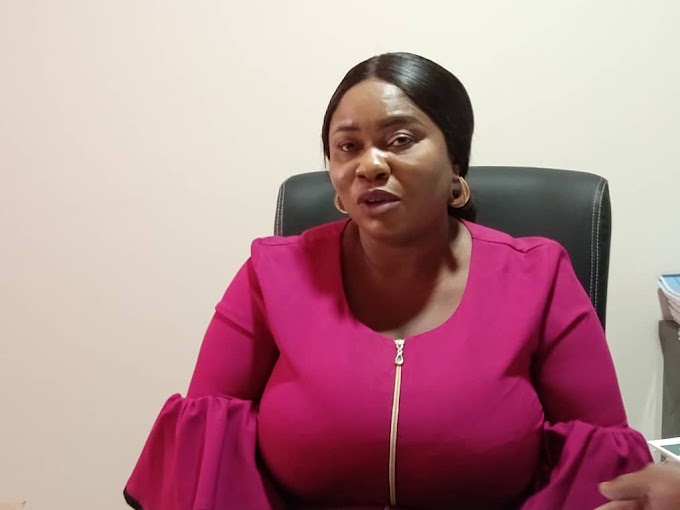The Ebonyi State Government has intensified efforts to boost food security by distributing agricultural inputs to farmers, supporting year-round farming, and partnering with international experts to improve local agricultural techniques.
The State Commissioner for Agriculture and Natural Resources, Princess Nkechinyere Iyioku, disclosed this during an interactive session with journalists on Tuesday in Abakaliki.
She said the state has seen significant improvement in food availability and affordability since the current administration assumed office in 2023.
“Since we came on board, we have been distributing a lot of agricultural inputs to help our farmers. And we give them free of charge.
"The results are evident. The cost of rice, for instance, which sold for ₦35,000 to ₦40,000 during the last December period, now goes for between ₦22,000 and ₦25,000," she said.
She attributed the drop in prices to increased participation in farming and government support. “Many people have returned to the farms in Ebonyi State and the price of food is gradually coming down,” she said, while expressing optimism that prices could drop further to pre-inflation levels of ₦10,000 to ₦12,000 per bag of rice.
The Commissioner also highlighted Ebonyi’s relative affordability compared to neighboring states. “Even if you go to the North, the price of food in Ebonyi is still better. In Abakaliki, it is much more affordable. I stand to be corrected,” she added.
Speaking on recent initiatives, the Iyioku revealed that the state recently hosted agricultural experts from Thailand for a one-day training session focused on rice and livestock production.
“We invited agricultural experts from Thailand, renowned for their expertise in rice and fish farming. They trained 100 selected farmers from different LGAs on best practices in rice and livestock production,” she said.
According to her, the training is part of the state government’s broader ambition to make Ebonyi the food basket of the nation. She noted that the state is also working with the federal government to rehabilitate dams and promote irrigation-based farming.
“One of the challenges is that we only farm once a year, during the wet season. But once our dams are fully developed, we will start farming two or three times a year, and even begin exporting our rice,” she said.
Iyioku also shared a recent success story, noting that the ministry harvested over 3,050 kilograms of paddy rice from its own farm in Ishielu LGA of Ebonyi State, as part of its effort to boost food security in the state.
While acknowledging challenges such as climate change and flooding, she said the ministry is actively addressing them. “There’s nothing you're doing in this world that doesn’t come with challenges. But 70 percent of farmers are testifying positively to what the government is doing,” she concluded.












